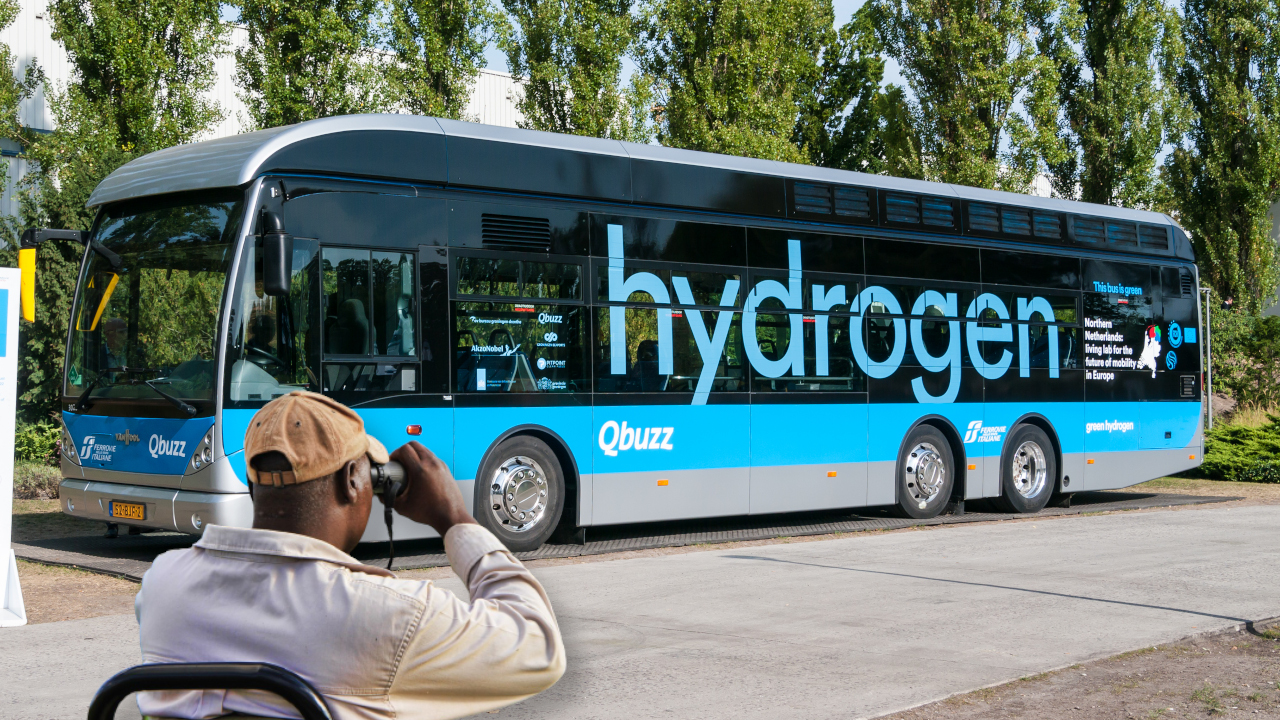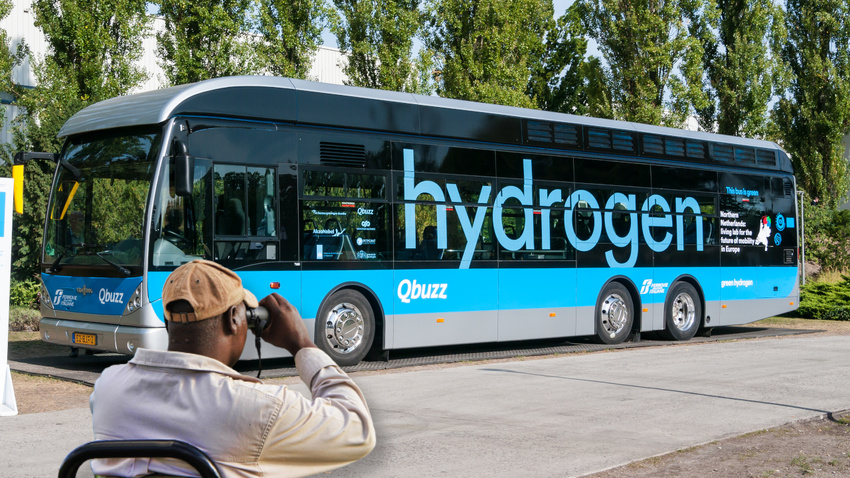Transportation shapes nearly every part of life in Georgia—from getting to work or school to reaching healthcare, groceries, and essential community services. When powered by fossil fuels, however, it stands as the state’s largest contributor to greenhouse gas emissions. Yet for many Georgians, particularly those in rural or underserved regions, transportation remains more of an obstacle than an opportunity.
As the shift toward clean energy gains momentum, a critical question arises: how can we make sure that electric transportation—and its many advantages—are within reach for all communities?
That’s the focus of the Electric Black Futures Project, a community-driven program supported by a U.S. Department of Energy grant. Its mission is to promote fair and inclusive access to electric mobility across Georgia. Recently, climate justice leader Eriqah Vincent spoke with Janet Miller, Electric Transportation Manager at the Southern Alliance for Clean Energy (SACE), about how the initiative is partnering with Black communities in Albany, Atlanta, and Savannah to help shape a cleaner, more equitable transportation future for the state.
Click here to watch the video.
As the shift toward clean energy gains momentum, a critical question arises: how can we make sure that electric transportation—and its many advantages—are within reach for all communities?
That’s the focus of the Electric Black Futures Project, a community-driven program supported by a U.S. Department of Energy grant. Its mission is to promote fair and inclusive access to electric mobility across Georgia. Recently, climate justice leader Eriqah Vincent spoke with Janet Miller, Electric Transportation Manager at the Southern Alliance for Clean Energy (SACE), about how the initiative is partnering with Black communities in Albany, Atlanta, and Savannah to help shape a cleaner, more equitable transportation future for the state.
Click here to watch the video.


 Advancing Electric Transportation Equity in Georgia
Advancing Electric Transportation Equity in Georgia





 Companies
Companies